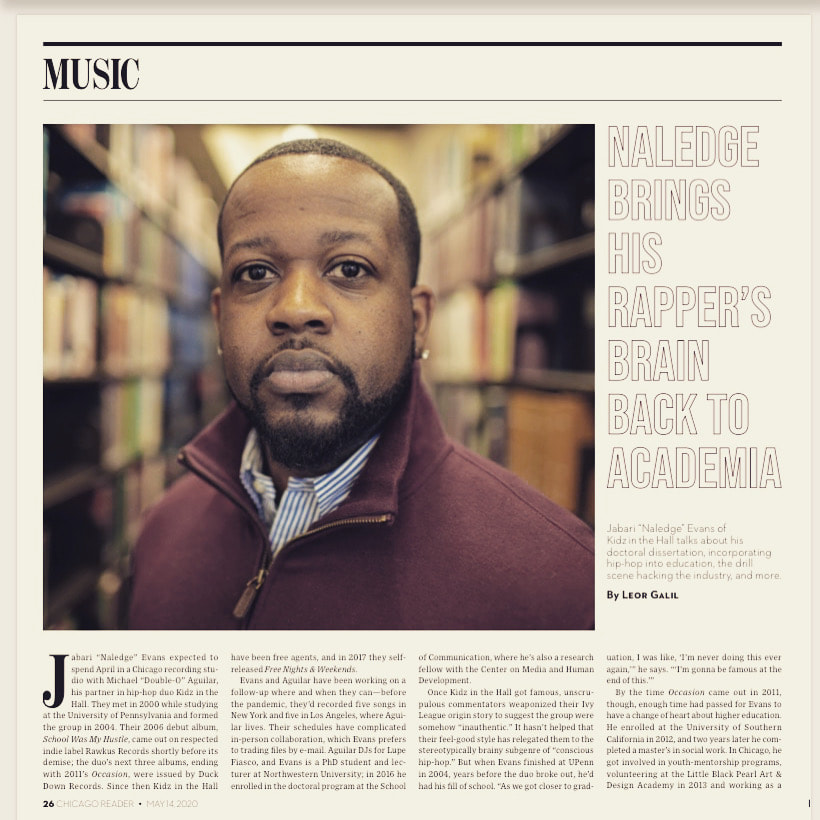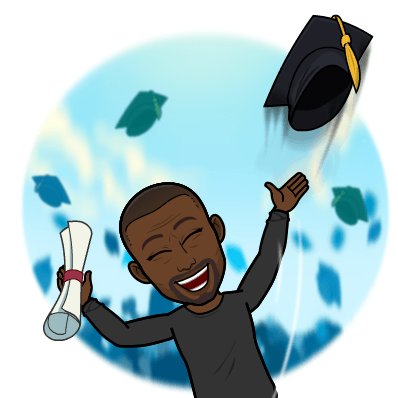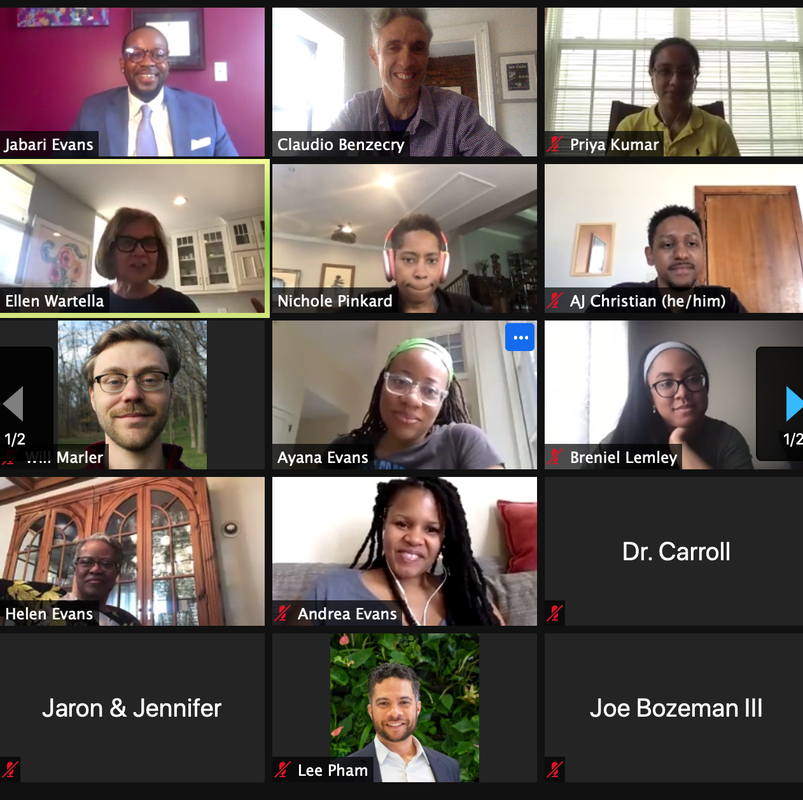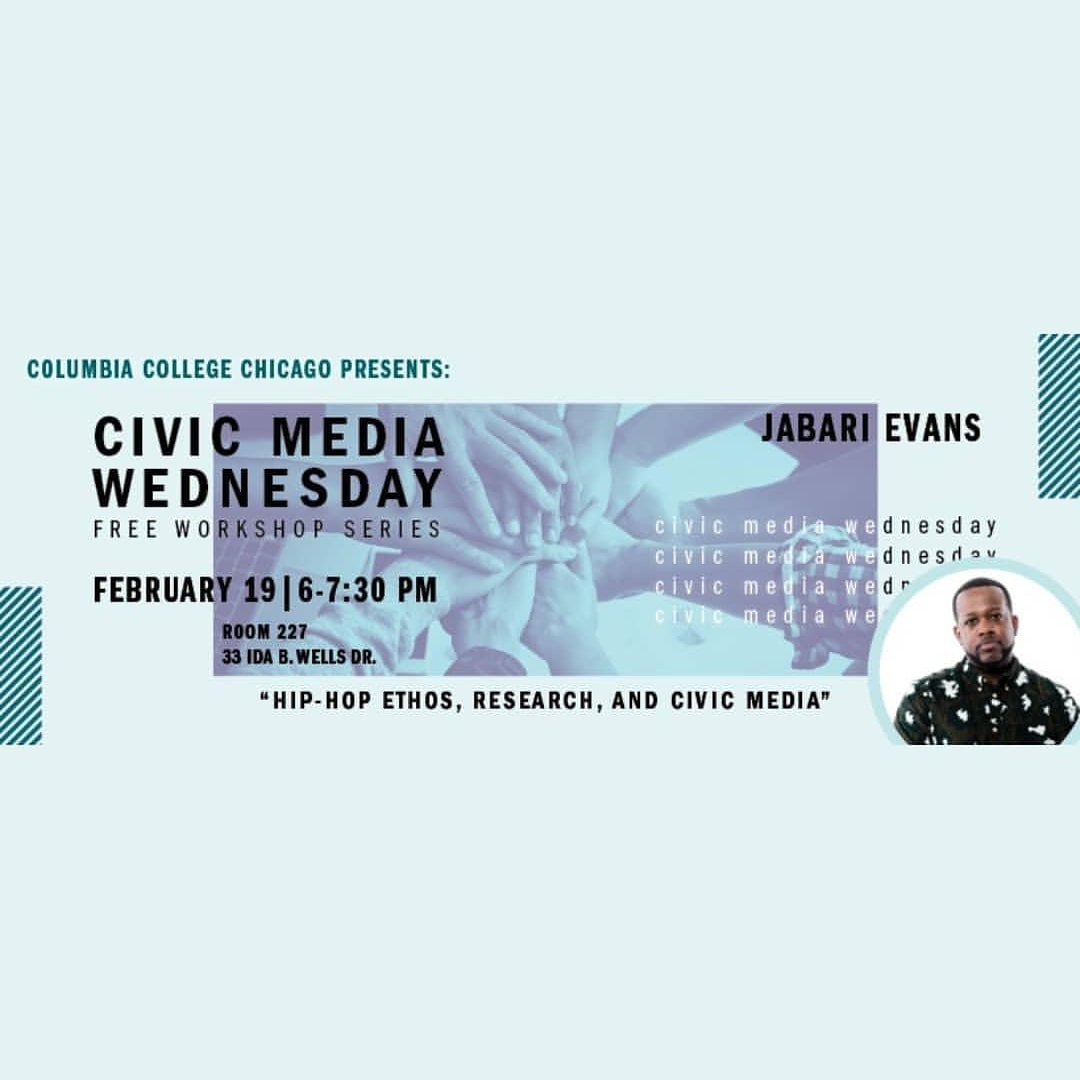Brain's Blog
This paper has yet to be officially released but this is the unedited version of what will likely be published in print this winter. Enjoy!
3 Comments
Behind the Reasons: The Relationship Between Adolescent and Young Adult Mental Health Risk Factors and Exposure to Season One of Netflix’s 13 Reasons Why By Jabari Miles Evans, Alexis R. Lauricella, Drew P. Cingel, Davide Cino and Ellen Ann Wartella Abstract With increasing media choice, particularly through the rise of streaming services, it has become more important for empirical research to examine how youth decide which programs to view, particularly when the content focuses on difficult health topics such as suicide. The present study investigated why adolescents and young adults chose to view or not view season 1 of 13 Reasons Why and how individual-level variables related to adolescents’ and young adults’ viewing. Using survey data gathered from a sample of 1,100 adolescents and young adult viewers and non-viewers of the series in the United States, we examined how participants’ resilience, loneliness, and social anxiety related to whether participants viewed the first season or not. Our descriptive results indicate that adolescents who watched the show reported that it accurately depicted the social realities of their age group, they watched it because friends recommended it, and they found the subject matter to be interesting. Non- viewers reported that they chose not to view the show because the nature of the content was upsetting to them. In addition, results demonstrated that participants’ social anxiety and resilience related to participants’ viewing decisions, such that those with higher social anxiety and higher resilience were more likely to report watching season 1. Together, these data suggest that youth make intentional decisions about mental health-related media use in an attempt to choose content that is a good fit for based on individual characteristics. Please find the article attached and feel free to contact me directly if there is any questions or concerns regarding this work. -Jabari Friends and Fam,
In addition to successfully defending my dissertation last week, I'm also happy to announce I’ve just accepted an Assistant Professor position at University of South Carolina's College of Information and Communication (CIC) within The School of Journalism and Mass Communication (SJMC) focusing on Race and Media. Though it will be difficult to leave my home of Chicago after all these years, I am hopeful for what looms in the future. (And you better believe I will be back during the summertime!) Dissertation Findings: I am hoping to turn my dissertation into a book project very soon. However, I know most people aren't going to take the time to read a 300 page document so here's the most important details of my findings in 2 years of evaluating our in-school Hip-Hop Based Education program: Implications for social work, youth work, and direct practice Teaching Hip-Hop Artistic Practices can create:
To get a learn more about my research, have me appear at an event, host a lecture for your organization or network, please contact me at [email protected]. Thank you all for your support over the last five years and I look forward to keep building. Sincerely, Jabari
A couple of weeks ago, I had the pleasure of presenting at this amazing virtual event. Thank you to both Angele Christin and Forrest Stuart for their consideration of my work. Full conference video is below.
Many of those who read the Chicago Reader article have been asking me about my work on Chicago's Drill scene. Although I started this work as a research endeavor meant to speak primarily to academics about Hip-Hop culture and the ways in which its rap artists innovate with technological tools, the amount of non-researchers who have inquired about this work make me believe that it is so much bigger than that. However, it appears to me now that youth participation in Black technoculture is a thing in and of itself to be researched and that Drillers were just simply a case to lead me to this point. That said, I have decided to publish a small portion (attached below) of a work in progress and define a concept I have created called the "Clout Economy." In speaking about the Hip-Hop genius of Black youth and the unique arena for their digital practices, I believe this term will not only be necessary for my own work moving forward but could also serve as a guide for anyone seeking to give a label to things rooted in Black youth culture's marketplace of attention. Please keep in mind that it is a work in progress but feel free to cite this work in conversations or writings about the practices of Black cultural practices on social media. Feel free to contact me at [email protected] if you would like to share your thoughts about this definition and/or speak more about this idea offline. (Note: I will likely post more updates about this concept this as the idea becomes more refined.) Peace. -Naledge
 Chasing a PhD is no easy task. Trust me, I would know. Even so, I would argue that pursuing my music career at the same time is an even tougher endeavor and that is why I was honored to sit and talk with Leor Galil of the Chicago Reader about my journey as a Hip-Hop scholar in academia. Please find the article below for your reading pleasure.
|
AuthorRaised on the East side of Chicago. Globally Local. Cheers! Archives
January 2024
Categories |
||||||||||||||||||||||||||||||||




 RSS Feed
RSS Feed

